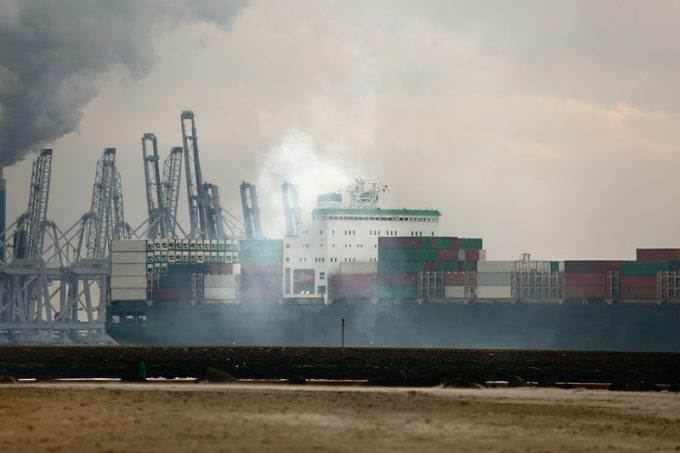UK eyes expanding its ETS to deepsea shipping – closing EU loophole
A loophole allowing ocean carriers to dodge ETS charges via a port call in the ...

When demand for container shipping renews, vessels returning to China to load exports could find themselves on wrong side of a new emissions law.
At the weekend, the country banned the use of open-loop scrubbers with the ministry of transportation’s 2020 Global Fuel Oil Sulphur Limitation ...
CMA CGM South Korean staff strike over bonuses after bumper 2024 profit
'Another painful headache for shippers' as Asia-N Europe rate rally ends
Amazon Air Cargo partners-up for new transpacific route into the US
MSC switches two more Asia-Europe port calls from congested Antwerp
Ports and supply chain operators weigh in on funding for CPB
Nightmare for Bangladeshi exporters as congestion and tariffs bite
CMA airline returns two freighters, while ANA takeover of NCA looms
Carriers introduce surcharges as congestion builds at African ports

Comment on this article